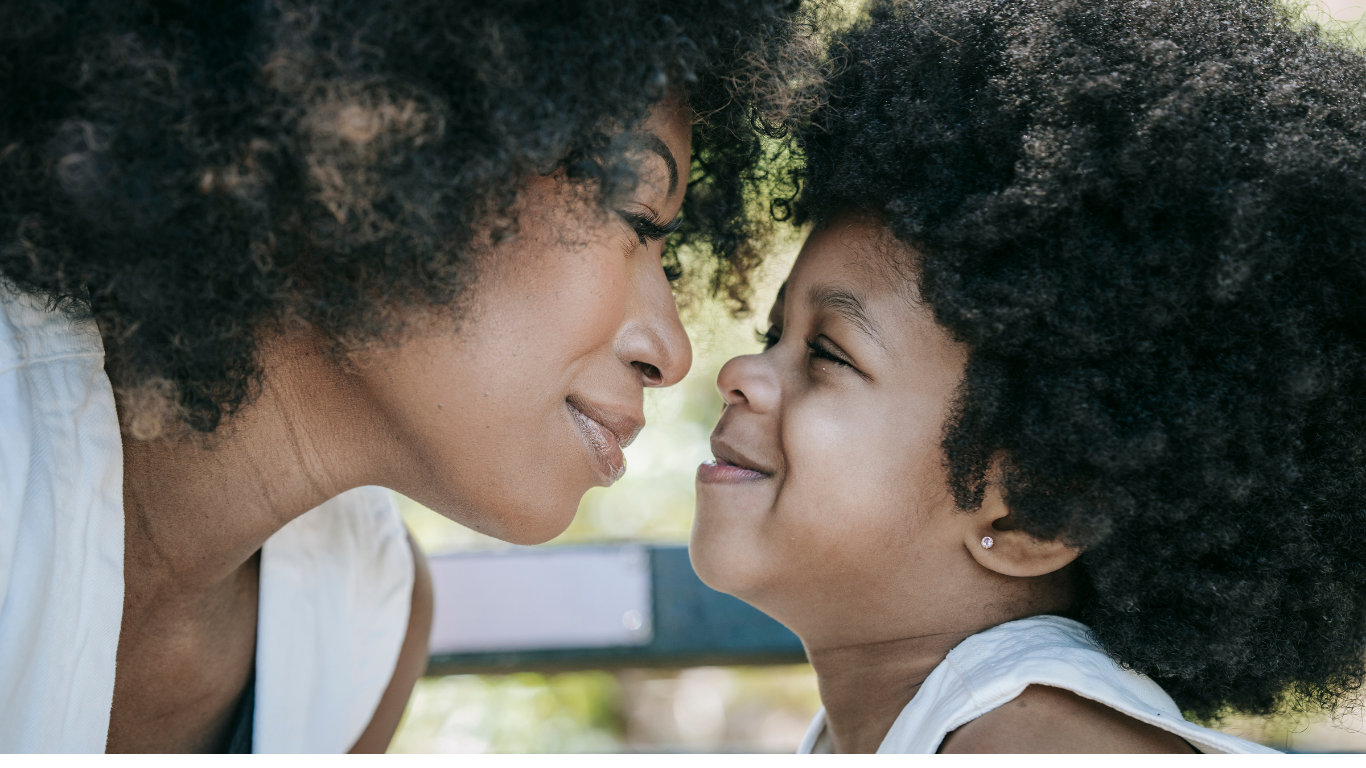
Five Causes of Parental Wounds
Human beings are social beings. Our earliest experiences shape the very core of our identity. The relationship with our parents or primary caregivers is pivotal in our emotional development. However, not all parent-child relationships are idyllic, and many individuals carry deep emotional wounds deriving from their upbringing.
Understanding Parental Wounds:
Parental wounds refer to the emotional scars and unresolved traumas resulting from dysfunctional or challenging relationships with our parents or primary caregivers. These wounds can manifest in various ways, such as feelings of inadequacy, low self-esteem, difficulties forming healthy relationships, and persistent emotional pain.
5 Causes of Parental Wounds:
Parental wounds can arise from a variety of situations, including:
1. Neglect: A lack of emotional attunement, physical care, or attention from parents can leave lasting damage.
2. Abuse: Physical, emotional, or sexual abuse can cause profound damage to a child's sense of self and well-being.
3. Inconsistent Parenting: Erratic behavior, unpredictable mood swings, or inconsistent boundaries can create confusion and insecurity in a child's life.
4. High Expectations and Criticism: Constant criticism, unrealistic expectations, or conditional love can leave individuals with deep-seated feelings of never being "good enough."
5. Role Reversal: When a child is forced to take on adult responsibilities or becomes a caregiver for their parents, it can disrupt healthy development and create wounds.
The Impact of Parental Wounds:
Parental wounds have far-reaching consequences that can affect various aspects of an individual's life, including:
1. Self-Esteem and Self-Worth: Children who grow up with parental wounds may struggle with low self-esteem and feelings of unworthiness.
2. Relationships: Unresolved parental wounds can make it challenging to form and maintain healthy relationships, leading to patterns of codependency, mistrust, or fear of intimacy. 3. Emotional Regulation: Parental wounds may interfere with emotional regulation, causing individuals to struggle with excessive anger, anxiety, or depression.
4. Limiting Beliefs and Patterns: Negative core beliefs, such as "I am unlovable" or "I will always fail," can develop from parental wounds, shaping an individual's behavior and choices throughout their life.
5. Parenting Challenges: Parental wounds can influence one's approach to parenting, either replicating harmful patterns or overcompensating to avoid repeating past mistakes.
Exploring parental wounds with a qualified therapist can be transformative for your emotional health. Get connected and begin today.





